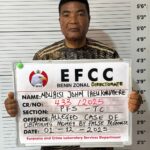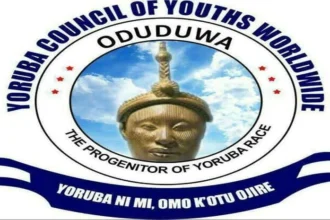
The Nigeria Association of Resident Doctors, NARD, has begun training of over 20,000 people, including health workers and other persons, on Basic Life Support, BLS, to reduce mortality.
Chief Medical Director, Olabisi Onabanjo University Teaching Hospital, Dr. Oluwabunmi Fatugase, stated this at the flag-off of the Nationwide Advanced and Basic Cardiac Life Support workshop organised by NARD in conjunction with Damilola Adebola Cardiovascular Foundation at Olabisi Onabanjo University Teaching Hospital, Sagamu.
Fatugase, represented by the Deputy Chairman, Medical Advisory Committee, OOUTH, Dr. Ibukun Ogundele, stated that the training was meant to improve healthcare delivery in the country, adding that the burden of cardiac arrest was very common among black people.
She said, “It is important that health workers know how to handle emergencies, the fact that young doctors are taking up this initiative gladdens my heart that there is hope for this country, with this training, we are going to get a lot more capacity building that would empower even a layman on the street to handle BLS confidently that will reduce mortality in the society.”
She pledged the support of the hospital management to continue to provide the enabling environment for them to sustain the tempo, urging them to extend it to all other categories of people.
Speaking, President, NARD, Dr. Tope Osundara, revealed that many have died as a result of cardiac arrest, respiratory disorder and other life threatening conditions.
Osundara explained that the training was organised to teach them on how to handle emergency, urging trainees to participate actively and thereafter train others.
In his remarks, Chairman, Nigeria Medical Association, Dr. Ogunjimi Lukman appreciated the organisers, saying that the training would empower participants to respond adequately to those in need of BLS in the society.
He said a lot of cardiac patient that had access to full BLS personnel are still living, urging organisers to extend the training to the layman on the street as everyone could be trained.
NARD trains 20,000 health workers, others on basic life support















